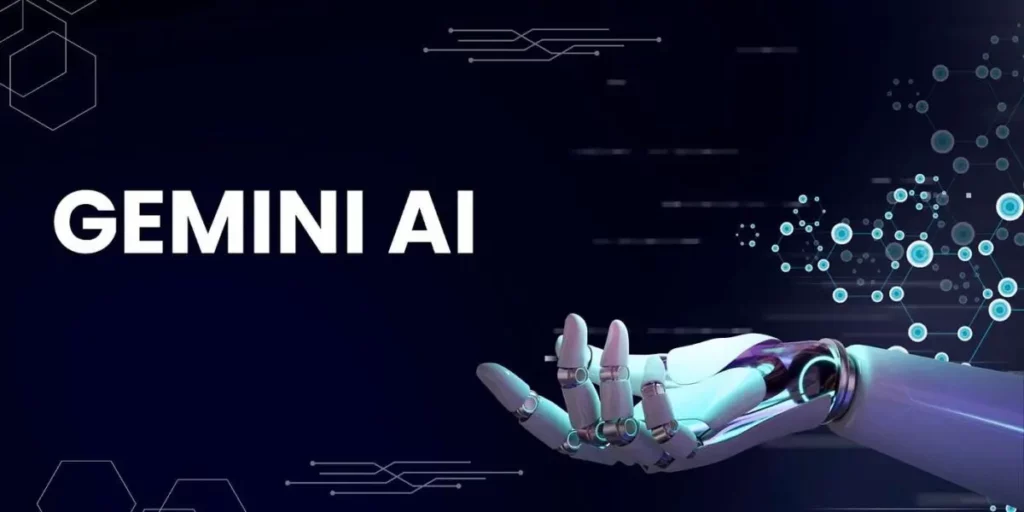With Gemini AI around the corner which AI Chatbot should we turn to?
Gemini AI from Google has been positioned as a strong contender against ChatGPT, particularly with the promise of its future “Ultra” version. However, the existing Gemini Pro isn’t hitting the mark with users. Many aren’t finding it impressive. They’ve noticed that it sometimes provides incorrect information and doesn’t seem to be the significant advancement they were hoping for. This has left users feeling underwhelmed by its performance compared to the expectations set.
While Google boldly boasts about Gemini AI’s superiority, it’s important to note that only the “Ultra” version is slated to truly outpace ChatGPT. This highly anticipated iteration won’t be available until sometime in 2024. Currently, users are comparing the less powerful Gemini Pro with ChatGPT’s free version, GPT-3.5. This head-to-head battle doesn’t seem to favor Gemini, with reports of inaccurate information and “AI hallucinations.”
The Price of Power
Google’s strategy for Gemini AI hinges on integrating it into existing products like Search and Chrome, offering access to the tool through various means. While some services will remain free, paid options and enterprise integrations are likely to emerge. This contrasts with ChatGPT’s straightforward pricing system: a free tier, a paid tier for advanced features, and an on-demand pricing model for businesses.
Data Sources and Language Models
Right now, the Bard chatbot platform uses both the Bard LLM and the Gemini Pro LLM. As Google introduces Gemini across all its products, they’ll blend the older and newer LLMs. This mix aims to make things work more efficiently behind the scenes. When the powerful Gemini Ultra arrives in 2024, it’s expected to take the lead, surpassing ChatGPT in 30 out of 32 benchmark tests.
The Power of Public vs Private Data
At present, the Bard chatbot platform combines the Bard LLM and the Gemini Pro LLM. As Google implements Gemini across its product range, it merges both older and newer LLMs for enhanced efficiency. The impending arrival of Gemini Ultra in 2024 holds significant promise. It’s anticipated to assert dominance by outperforming ChatGPT in an impressive 30 out of 32 benchmark tests.
This evolution signifies a strategic amalgamation of existing and forthcoming LLMs, setting the stage for a substantial leap in AI capability, potentially reshaping the landscape of language processing and cementing Google’s position at the forefront of this rapidly advancing field.
A Battle for Dominance
Google’s Gemini AI and ChatGPT stand as formidable language models with the capacity to redefine human-technology interaction. Presently, Gemini trails ChatGPT regarding user accessibility and direct influence. However, its latent capabilities suggest a promising trajectory. The imminent debut of Gemini Ultra holds the promise of a pivotal juncture in the AI domain. This release might tip the scales, granting Google a newfound advantage.
Despite Gemini AI’s current positioning, its future potential looms large, hinting at a potential paradigm shift. If the Ultra version lives up to expectations, it could herald a new era in AI dominance, potentially altering the course of language processing technology. The competitive tussle between these giants not only drives innovation but also sets the stage for transformative advancements that could fundamentally reshape our interactions with AI-driven systems.
Conclusion
The battle between Google’s Gemini AI and ChatGPT is ongoing. Both companies are continuously working on improving their AI models, making the future of language processing unpredictable. It’s hard to say which model will come out on top in the end. However, what’s evident is that this rivalry is driving fast progress in artificial intelligence. This competition is pushing boundaries, leading to quick advancements in AI technology, which is good news for users and developers alike.



